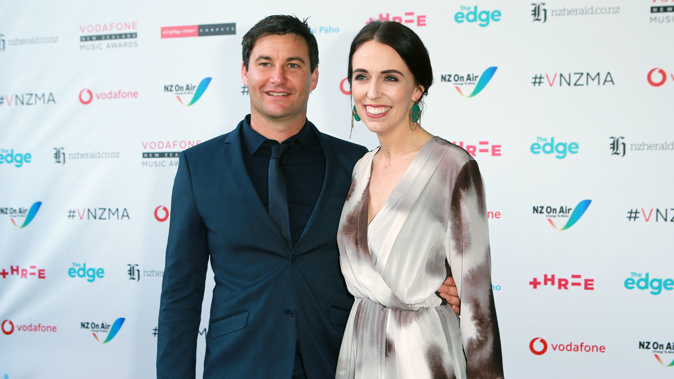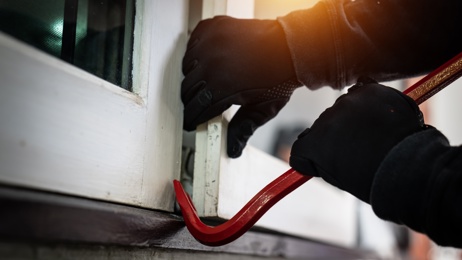
New Zealand-born Indian-Samoan artist Tiffany Singh describes what she does as "a tool for social change."
Her work explores the relationship between arts and culture and wellbeing by encouraging communities — or in the case of her 2013 project Fly Me Up To Where You Are, 15,000 school children from low decile schools — to contribute in some way.
Art and wellbeing, the idea that creativity and joy should never be just the domain of the privileged few, but accessible to all, isn't new, but hopefully it's coming of age. Peter Fraser was onto it back in the 1940s when he was Prime Minister. He knew that creating a foundation to allow the seeds of art and culture to take root was a key ingredient in establishing a sense of identity.
The latest triennial survey of our collective arts engagement - New Zealanders and the Arts 2017 — released today, and up for discussion at Creative New Zealand's annual hui Nui te Kōrero, reflect that.
We're embracing the arts more than ever, with overall engagement — a combined measure of arts participation and attendance — at a record 80 percent in 2017. You only have to look around you to see that: your workmate with the headphones on, the play you've booked to see at the weekend, the retiree borrowing books from the library, that school museum visit, the kapa haka group you belong to. We're engaging with the sector in one way or another every single day.
/arc-anglerfish-syd-prod-nzme.s3.amazonaws.com/public/4RZG6HBCZREVVDFG6B4WL2WN6A.jpg)
Tiffany Singh in her immersive artwork. (Photo / Mark Mitchell)
Kiwis are also more likely than ever to believe the arts benefit our economy, our local communities, and our personal well-being. And we're right to do so. There is a growing body of international research evidence to support this groundswell of opinion, with arts engagement being increasingly seen as an effective way to help manage the stresses and strains of this modern digital world. Studies show that for those with mental health issues — from anxiety and depression to neuro-degenerative diseases like dementia — art therapy can profoundly improve lives.
As I've said before — and it's one of the reasons I wanted to keep the Arts, Culture and Heritage portfolio — I believe arts and creativity are integral and inseparable parts of what it is to be human. My goal, and my government's goal, is to help that flourish.
As is the case with so many things that are good in life, the earlier you start on the arts journey, the better. We used to have an artist in schools programme and a curriculum that allowed kids to be kids and for their creativity to develop. I want to bring that back.
Two out of three young people say arts engagement helps to make them feel brilliant or really good, with increased confidence. Early involvement in arts and culture also fuels the success of our creative industries later, so we need to keep fostering that talent. Half the young people in the survey believe arts could help them get a job later in life and in a dynamic future where creativity will set us apart. I think they are right.
It's why I want to place more emphasis on integrating the arts and culture sector into all policy areas, into our regional economic development strategy for instance. Alongside that, I want to change the way we perceive a career in arts by recognising the legitimacy of the arts as a career just as we do any other. That encompasses those working in galleries, libraries, performance art, literature, archives, fashion, museums, and in film and gaming. We all benefit by building a dynamic community where young people know they will be supported into sustainable careers and where training opportunities reflect the value of those careers.
You only need to look at the collective impact of the sector — 40,000 plus jobs, $3.8 billion pumped into the economy — to know that helping turning a craft into an income is worth investing in.
With the arts playing a key role in defining individual and collective identity it's fabulous to see a majority of us agree ngā toi Māori (Māori arts) help shape who we are as a nation.
Encouragingly, the survey shows a significant increase in rates of attendance and participation in Māori arts across a wide range of ethnicities. Having enjoyed the popular and dynamic ASB Polyfest this year I'm not surprised that more Kiwis are attending Pasifika events, while involvement with the arts sector among Pacific people rates at the same level as other New Zealanders.
What's also noticeable is the dramatic increase in people actually participating in arts activities, from around a third of respondents in 2011, to just over half of those surveyed last year. Whether it's "engaging" in or "participating" in, the arts and culture are to be cherished. Our hard working arts organisations should be encouraged by these survey results. They show for an increasing number of us, art matters, in so many ways, every day.
Jacinda Ardern is the Minister for Arts, Culture and Heritage.
Take your Radio, Podcasts and Music with you









